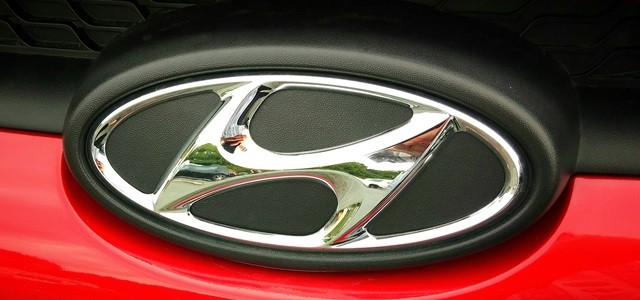
South Korea based multinational carmaker, Hyundai Motor Company has reportedly announced expanding its partnership with US Department of Energy to assess the existing status of hydrogen and fuel cell technologies’ performance in today’s transportation sector. Apparently, this partnership would bolster the independent and objective authentication of these technologies.
It has been claimed that, the alliance would require Hyundai to provide DOE with five of its NEXO fuel cell vehicles for use in vivid regions on the grounds of carrying out advanced research and development of fuel cell technologies. Moreover, this collaboration would offer DOE managers and national laboratories an access to data form real-world operation of fuel and hydrogen cell applications meanwhile guiding the future DOE research and development.
Speaking on the collaboration, W. Menezes, Under Secretary of Energy Mark cited that the US government is committed to making use of every energy source to facilitate America’s transportation needs and challenges. Besides, the administration is extremely pleased to have teamed up with Hyundai to support advance fuel cell and hydrogen technologies in line with ensuring the nation’s sustainable transportation future.
Meanwhile, Hyundai Motor Group Executive Vice Chairman, Euisun Chung stated that the company is proud to have partnered with DOE and support its Hydrogen and Fuel Cells Program to obtain clean energy. He also added hydrogen fuel cells are pivotal for a sustainable future. Furthermore, the company’s technologies could help DOE’s exploration of hydrogen for future transport.
As per reliable sources, the five Hyundai NEXO fuel cell cars would join DOE fleet in Washington. The association would provide similar other cars to national laboratories constituting refueling capability enabling independent validation of data and advancement of workforce training programs.
Source credit: https://www.energy.gov/articles/us-department-energy-joins-industry-collaborate-transportation-technology-validation-and
© 2025 aeresearch.net. All Rights Reserved.